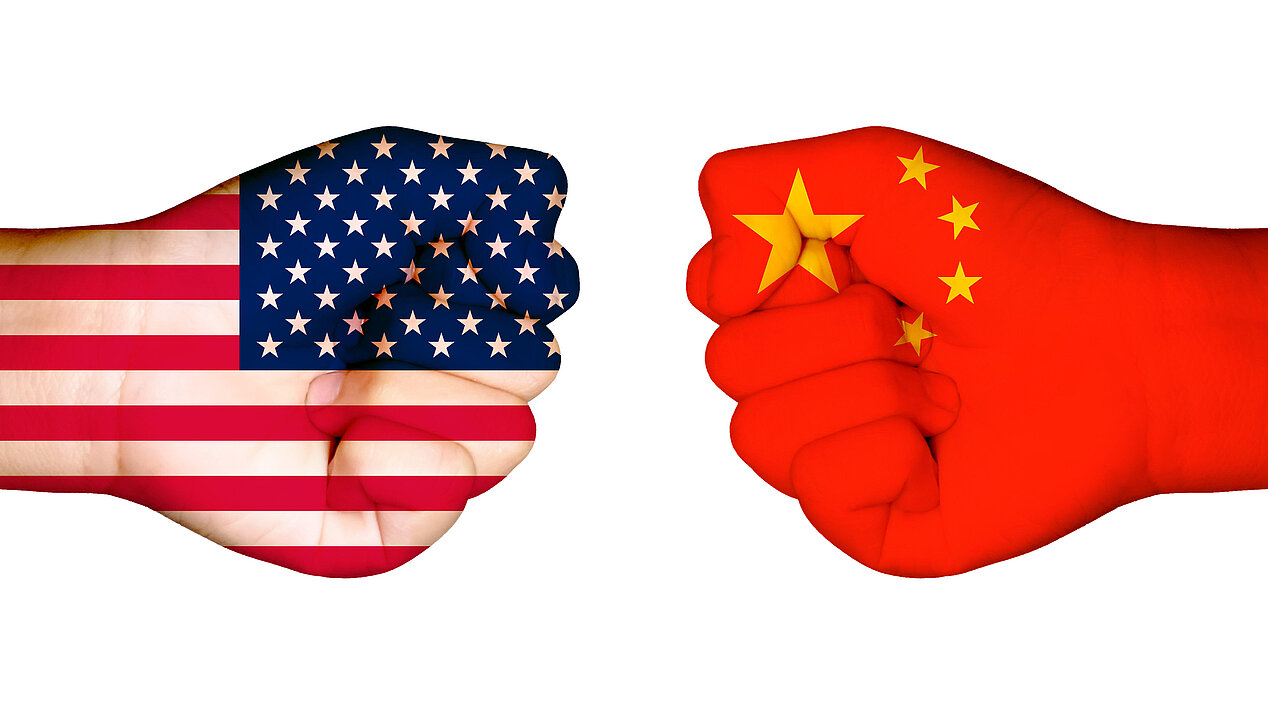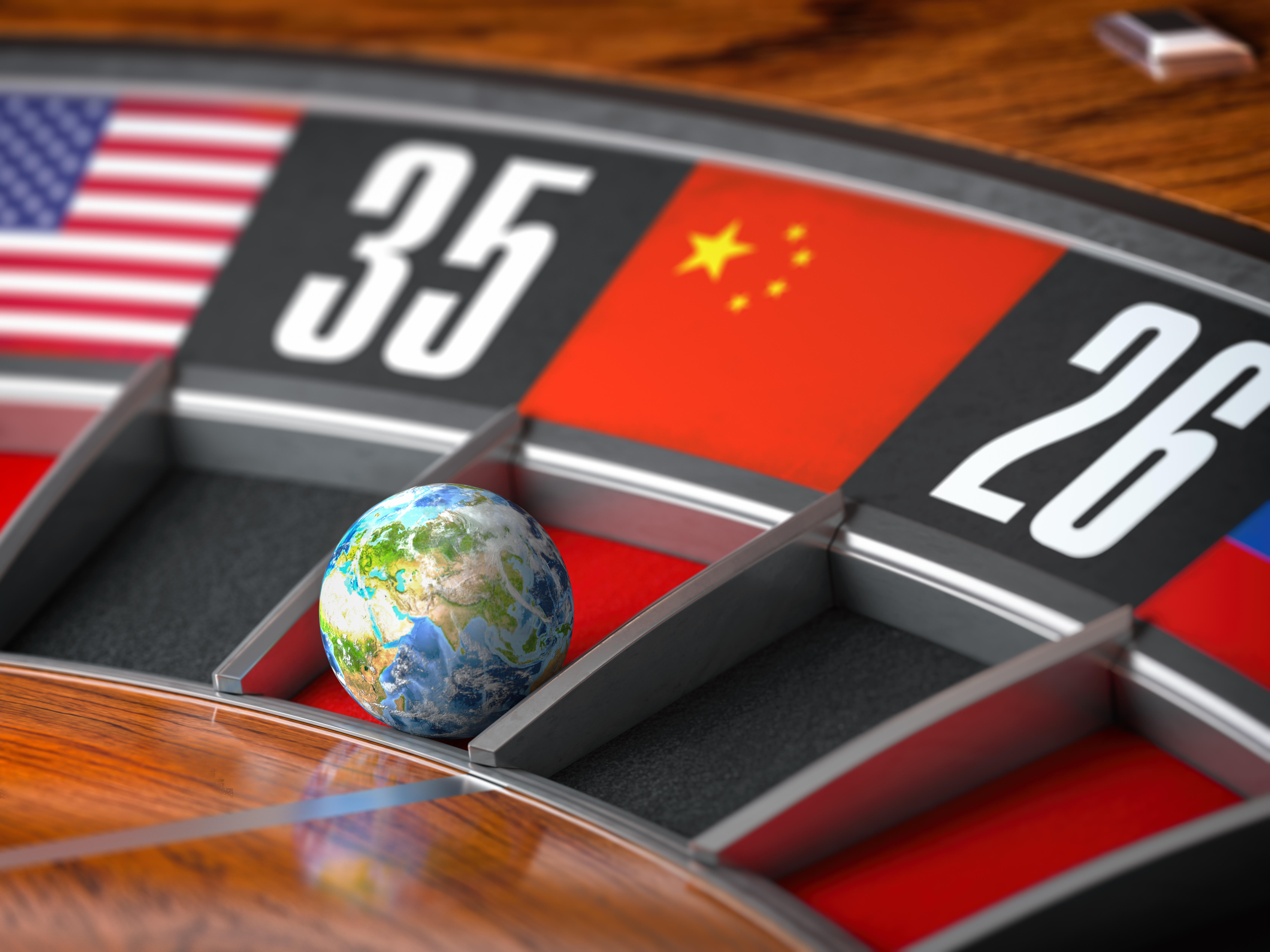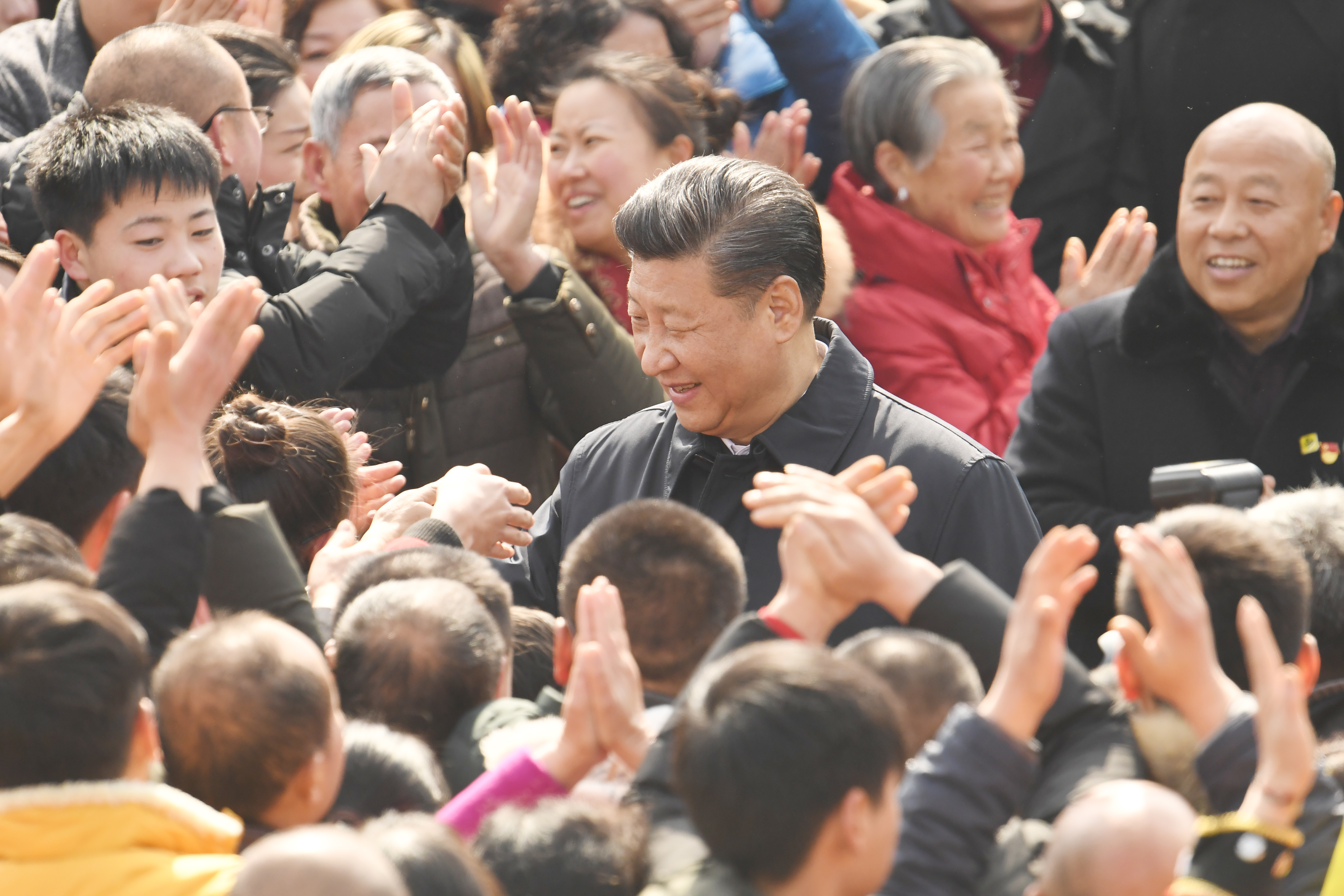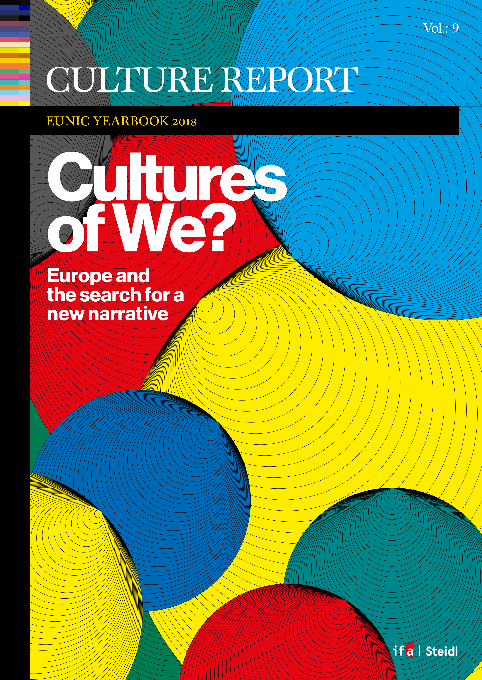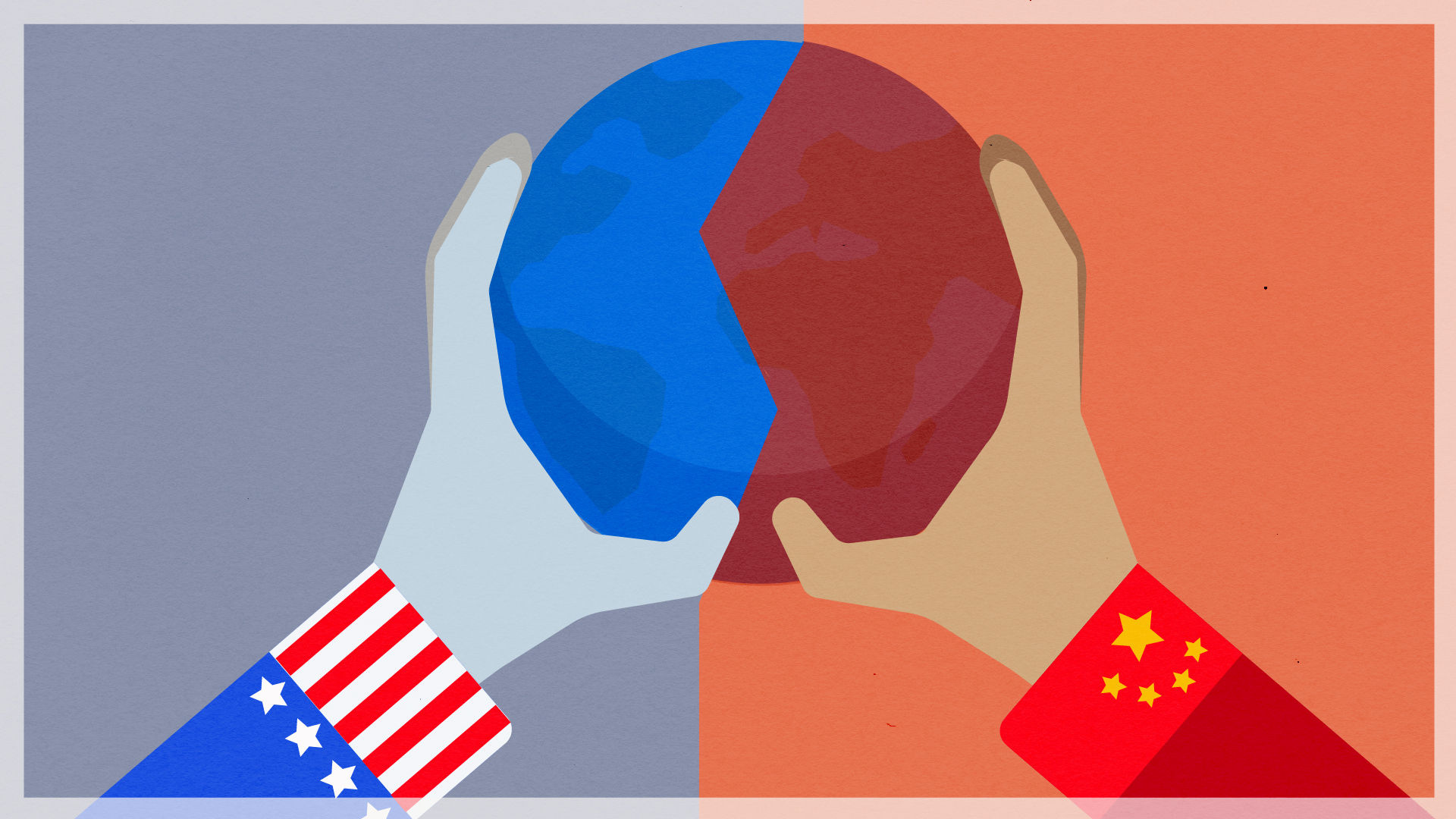People have lost trust in established political parties and figures and blame them for not addressing their concerns about the perceived loss of security, culture, and identity. Globalisation, liberalisation, and digitalisation have weakened the nation state and slowly undermined the capacity of governments to address those disruptions. Charismatic populist leaders have increasingly capitalised on people’s rage throughout Europe and America.
Populism poses the greatest threat to liberal democracy. As highlighted by David Runciman, who teaches politics and history at Cambridge University, populists address the right struggles and fears but provide false answers, promising a quick return to an allegedly intact and culturally homogenous past. Their rhetoric polarises society and drives fear, which fuels rather than helps to overcome the public’s rage. The legitimacy crisis, which has led to the initial rise in populism, is aggravated by an intentional ‘disintegration of public morality’ and ‘manufacturing consent’ (see US philosopher Noam Chomsky). What makes populism so dangerous is that it does not question but slowly erodes the institutions of democracy, such as free elections, free press, and the rule of law. Equally dangerous is that liberals continue to believe in the functioning of democracy, even though they know it has ceased to do so. Populism is not its own cause but the result of a broken process of equal wealth creation and dignity, which populists perpetuate in the West.
Income inequality and stagnation, unemployment, insecure employment, heightened risk of poverty, and social exclusion are the main reasons behind it.
Against this backdrop, it becomes clear that the prolonged impact of the West’s own marriage between liberal democracy and capitalism has caused the slow and relative demise of the West. China is portrayed as a scapegoat in order to distract from the West’s economic and legitimacy crisis and lack of vision on how to renew the liberal order and its promise of dignity and equal wealth creation. There is no new vision because the West has increasingly lost confidence in the liberal order, which has made protectionism a populist solution. The U.S.’s volatile Trump administration and protectionism, and the prolonged debt crisis in the European Union with its deeply divided economy and refugee crisis, have only exacerbated the current lack of confidence and undermined Western liberalism as a desirable transformation path.
Peter Nolan was right. China did not need liberal democracy to maintain four decades of successful reforms and cope with the disruptions of capitalism. It is questionable, however, whether a conceptual link to an ancient past will help modern China manage its future challenges in a globalised and digitalised world for which history offers no reference. However, it might help to explain why, unlike other authoritarian governments, China’s government continues to be morally obliged to serve its people and exercise benevolence.


